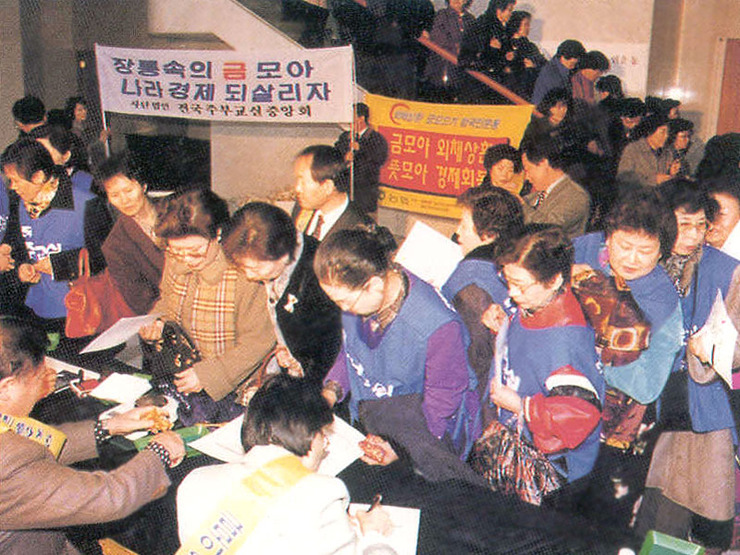Breaking the Retrospective Curse: Contemporary Korean Film and the Deconstruction of Communal Ethics
Sue Heun Asokan
East Asian Languages and Literatures
UC Irvine
This dissertation examines the permutations of ethical norms within contemporary South Korean films as cultural response to the nation’s historical reliance on redemptive and communal sacrifice. As a symptom of anxiety that stems from a particularly oppressive modern history of political subordination, civil division, and economic struggle, South Koreans have exhibited a pattern of collective sacrifice to combat national shame and redeem national sovereignty. Because of the cyclical nature of sacrifice itself in which retroactive validation is key, Sue Huen argues that such blurring of boundaries between nationalism and ethics have bound Korean society to a mode of collectivism and retrospection that forbids development of progressive and individual moral agency. Unable to move beyond repetitions of communal overcoming or remembering, contemporary Koreans find themselves ill-equipped to tackle the demands of an increasingly utilitarian world. Against this normative framework, the filmic narratives Heun studies posit an alternative vision of morality – an individual and deconstructed ethics – as the antidote, to what Heun calls South Korea’s retrospective curse. Specifically, this study focuses on films screened after 2007, a transitional pivot that signals societal and cinematic evolutions in the consideration of sovereignty, subjectivity, and responsibility within contemporary South Korea.

